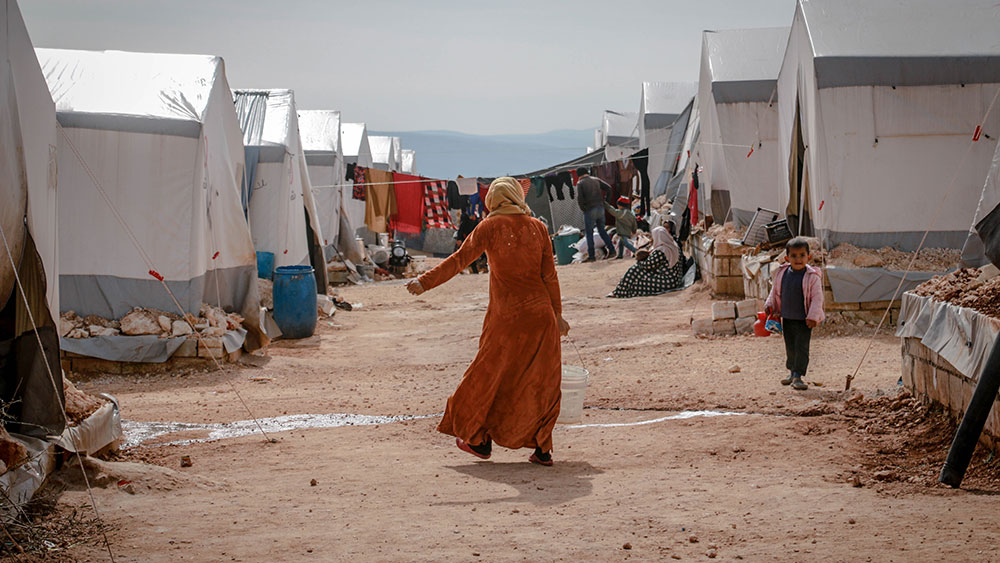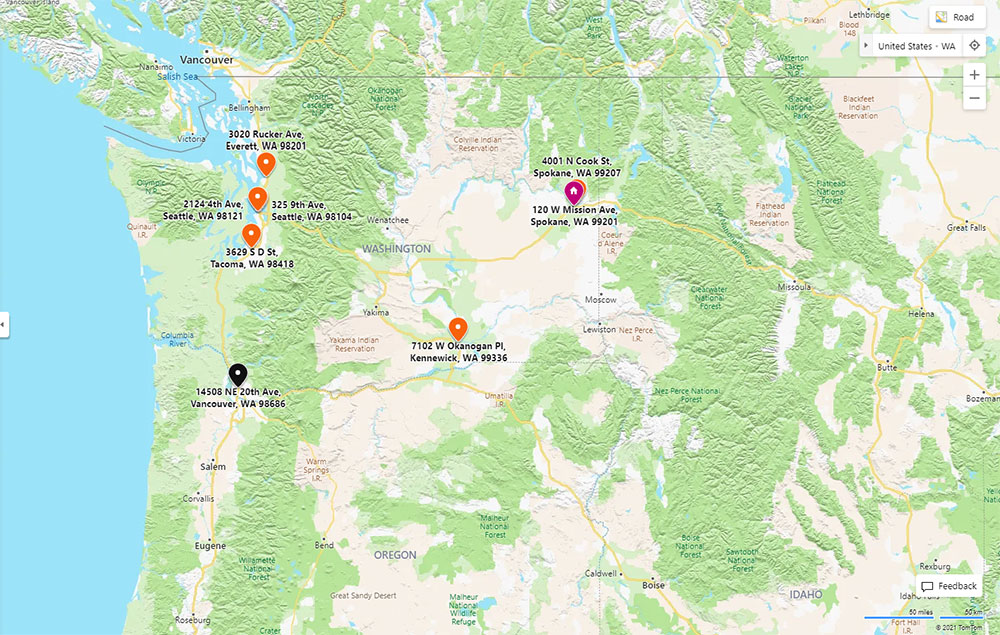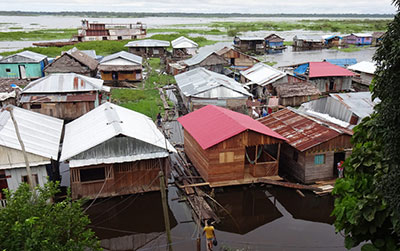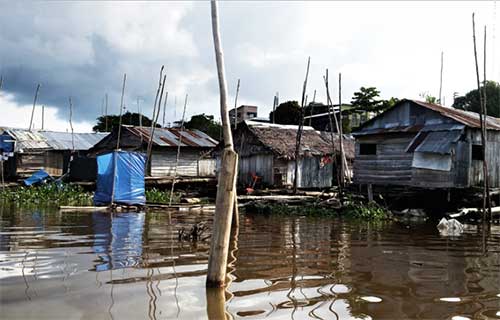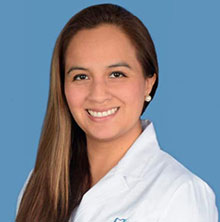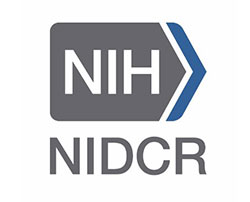
Grant to study the impact of alcohol-use disorder on progression of dental disease in MSM with HIV
Despite successful antiretroviral therapy (ART), dental caries and periodontal disease remain more prevalent in persons with HIV (PWHIV) than those without HIV. Pain, xerostomia, lower quality of life, and impaired masticatory functions lead to reduced nutritional intake, which can increase HIV progression and amplify systemic co-morbidities. In Lima, Peru, HIV prevalence is 100-fold higher in men who have sex with men (MSM) relative to the general population (22.3% vs 0.2%), a proportion comparable to generalized epidemics in Sub-Saharan countries. Prior data confirms high levels (55%) of alcohol use disorder (AUD) which is defined as hazardous, harmful and dependent drinking, a co-morbid NCD, among MSM in Peru.
Men’s health is often neglected in global health research according in the January/February 2022 Global Health Matters newsletter through Global Fogarty International Center. There have been significant improvements in global health over the past few decades with many of those advancements focus on maternal and child health. The collaborative research between the UW School of Dentistry and the DeRouen Center for Global Health (PI Dr. Ana Lucia Seminario, and Drs. Philippe Hujoel, Brian Leroux, Noel Weiss, and Caroline Shiboski – University of California San Fancisco), Yale University (Co-PI Dr. Fredrick Altice), Centro de Investigaciones Tecnológicas, Biomédicas y Medioambientales (CITBM) (Dr. Jorge Sanchez), and Asociación Civil Impacta Salud y Educación (IMPACTA) (Dr. Javier Valencia) will address the oral health implications of MSM living with HIV.
In April, the DeRouen research team will visit the CITBM and IMPACTA clinics in Lima Peru to discuss and begin to implement the first phase of the study. The Peruvian research teams will administer a survey to their MSM patients and assess past and current alcohol consumption behavioral risk, use of dental care services as well as knowledge, attitudes, and behaviors towards oral health. The Peruvian team, UW team, and Yale team have begun the preliminary work for the launch of the of study in April 2022. These processes and procedures being developed will be used as part of the planning of a future R01 submission that aims to assess the impact of HIV and AUD on dental disease in Peruvian MSM.
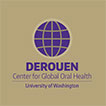
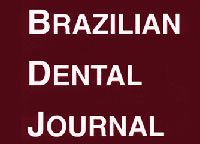
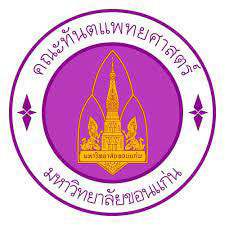 Recently, the Faculty of Dentistry from Khon Kaen University were selected by the Education Equality Fund (EEF) to participate in the project, “Advanced Vocational Innovation Scholarships” to promote and support 30 underprivileged youth to study in the Dental Assistant Certificate Program, a one-year course certified by the Dental Council. Faculty of Dentistry at Khon Kaen University is the only dental school in the country to receive such support.
Recently, the Faculty of Dentistry from Khon Kaen University were selected by the Education Equality Fund (EEF) to participate in the project, “Advanced Vocational Innovation Scholarships” to promote and support 30 underprivileged youth to study in the Dental Assistant Certificate Program, a one-year course certified by the Dental Council. Faculty of Dentistry at Khon Kaen University is the only dental school in the country to receive such support.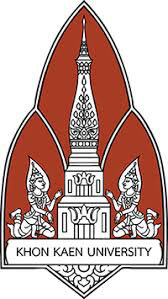 The School of Dentistry at Khon Kaen University, led by Dr. Waranuch Pitiphat, has been awarded a D43 training grant to sustainably strengthen the oral health research capacity among Low- and Middle-Income Countries (LMICs) in Southeast Asia. This grant proposes to build upon and expand two established training programs on “Clinical, Public Health, and Behavioral Oral Health Research Training for Thailand” which were awarded by the National Institutes of Health (NIH). These programs are joint efforts between the University of Washington School of Dentistry (UW) and affiliated Schools of Dentistry at Khon Kaen University (KKU) and Thammasat University (TU) in Thailand. Dr. Pitiphat, was a major collaborator and Associate Director of the previous training programs.
The School of Dentistry at Khon Kaen University, led by Dr. Waranuch Pitiphat, has been awarded a D43 training grant to sustainably strengthen the oral health research capacity among Low- and Middle-Income Countries (LMICs) in Southeast Asia. This grant proposes to build upon and expand two established training programs on “Clinical, Public Health, and Behavioral Oral Health Research Training for Thailand” which were awarded by the National Institutes of Health (NIH). These programs are joint efforts between the University of Washington School of Dentistry (UW) and affiliated Schools of Dentistry at Khon Kaen University (KKU) and Thammasat University (TU) in Thailand. Dr. Pitiphat, was a major collaborator and Associate Director of the previous training programs.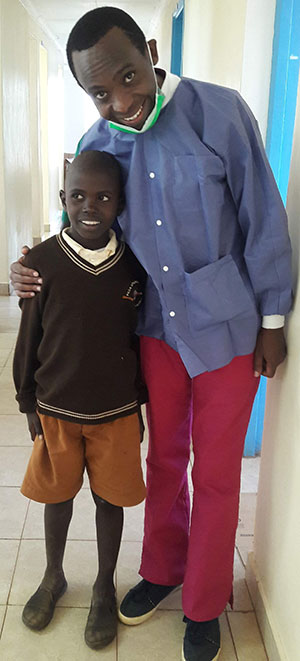 The DeRouen Center manuscript publishing class for junior researchers in Kenya is steadily moving forward, making strides in the publication process. This project, which was made possible by the University of Washington’s (UW) Global Innovation Fund (GIF), with collaborative efforts between the UW Dentistry, Global Health, and Libraries, the University of Nairobi (UoN), and Moi University (MU), is assisting Kenyan oral health professionals in transforming their masters’ theses into manuscripts for publication.
The DeRouen Center manuscript publishing class for junior researchers in Kenya is steadily moving forward, making strides in the publication process. This project, which was made possible by the University of Washington’s (UW) Global Innovation Fund (GIF), with collaborative efforts between the UW Dentistry, Global Health, and Libraries, the University of Nairobi (UoN), and Moi University (MU), is assisting Kenyan oral health professionals in transforming their masters’ theses into manuscripts for publication.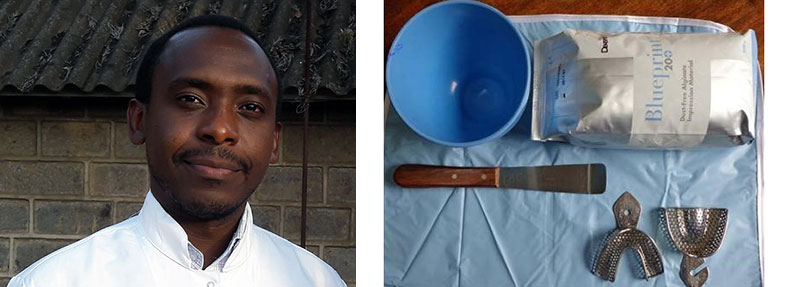
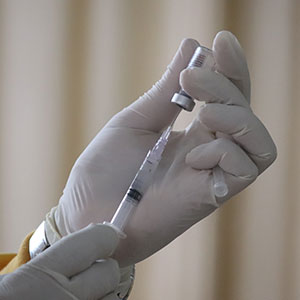 The government of Kenya has established a company named Kenya Biovax Institute Ltd, in order to manufacture vaccines and other biologics within the country. Currently, Kenya imports 70% of required biologics and medications, but with the establishment of Kenya Biovax Institute, the hope is to manufacture the bulk of required vaccines and other biologics at home.
The government of Kenya has established a company named Kenya Biovax Institute Ltd, in order to manufacture vaccines and other biologics within the country. Currently, Kenya imports 70% of required biologics and medications, but with the establishment of Kenya Biovax Institute, the hope is to manufacture the bulk of required vaccines and other biologics at home. The current US administration aims to resettle 125,000 refugees in fiscal year 2022, up from 62,500 in fiscal year 2021, doubling the number of refugees allowed to resettle in the United States. The 2022 refugee amount is a 733% increase in the number of allowed refugees up from a historic low of 15,000 during the prior administration. In 2021, the United States welcomed refugees from 50 countries, with the majority arriving from the Democratic Republic of the Congo, Syria, Afghanistan, Ukraine, and Myanmar.
The current US administration aims to resettle 125,000 refugees in fiscal year 2022, up from 62,500 in fiscal year 2021, doubling the number of refugees allowed to resettle in the United States. The 2022 refugee amount is a 733% increase in the number of allowed refugees up from a historic low of 15,000 during the prior administration. In 2021, the United States welcomed refugees from 50 countries, with the majority arriving from the Democratic Republic of the Congo, Syria, Afghanistan, Ukraine, and Myanmar.